Sprockets are very important mechanical components. As the most common part used in conjunction with sprockets, chains can be defined as a series of joined (typically metal) links, flexible in only one direction and used to transfer power in machinery through enmeshing with the machine’s sprockets. Industrial manufacturing is one of the more common industries that benefit from sprockets. Read More…
Omni G & M Corporation is a leading gear fabricator specializing in precision machined and custom solutions in a variety of sizes and types. Please check out Omni G & M’s website or call a friendly personnel member today!
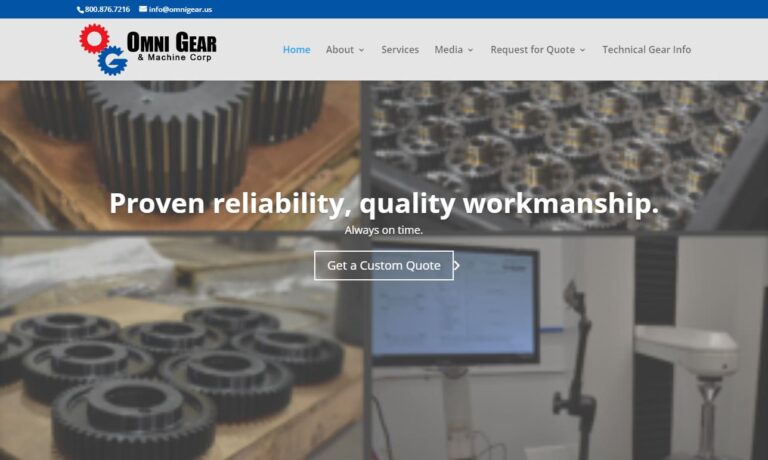
Gears are what we do best, and we are experts in our field. We have three generations of experience backing our company, and we use all of it to benefit you in any way possible.
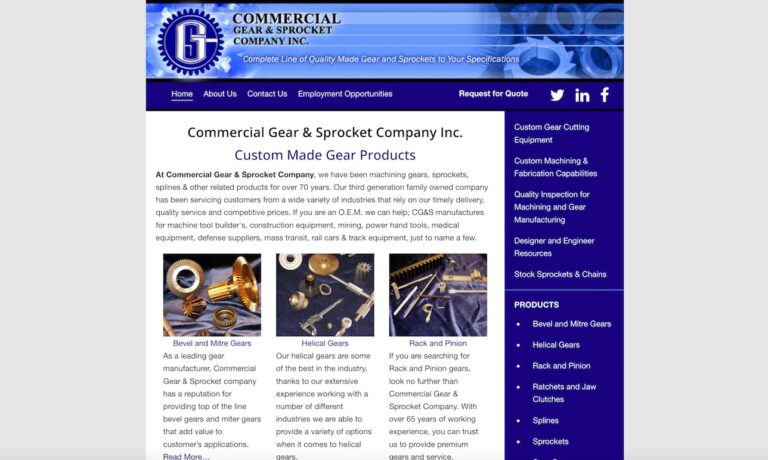
Gear Motions is a leading gear manufacturer specializing in supplying custom cut and ground gears. Our wide range of precision gear manufacturing capabilities and services deliver quality gears to meet almost any application.
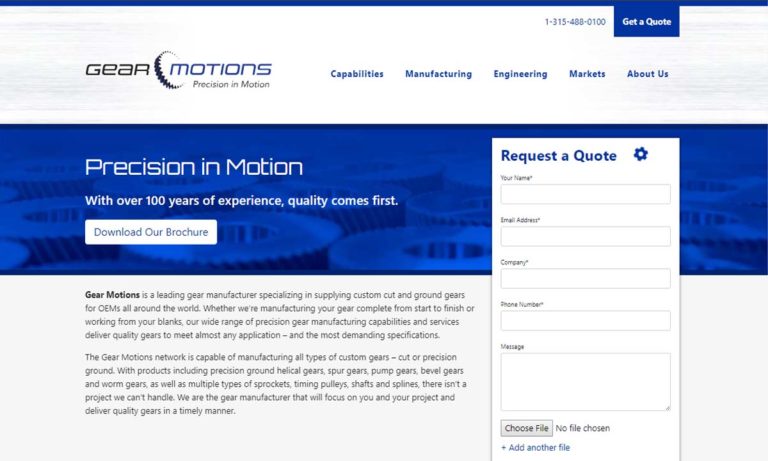
Manufacturing industrial and commercial gears is what Houston Gear USA does. We produce gears from 1 3/4 DP – 200 DP in a choice of materials. Choose from spur gears, custom gears, helical gears, double helicals, splines, straight bevel gears, worm gears, sprockets, and herringbone gears.
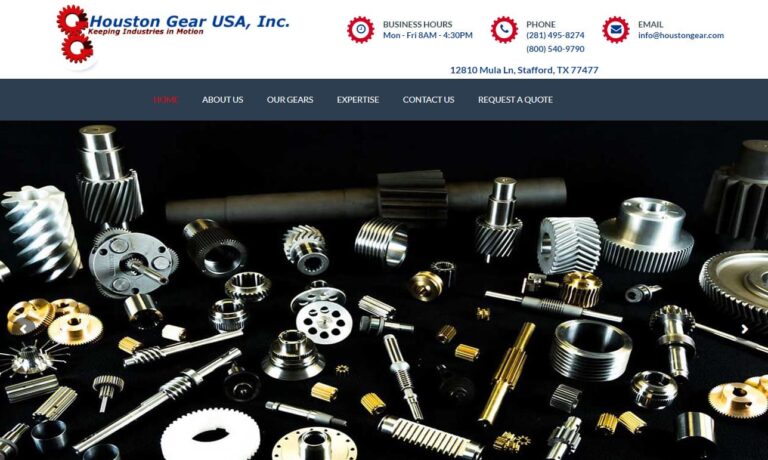
At Cage Gear & Machine, we specialize in custom large gear machining and repair as well as large manual machining. We can manufacture gears from 2" outside diameter all the way to 180" outside diameter. If you don't need complete parts, we can also provide cut teeth only operations or inspection services. And don't throw out those damaged gears just yet. We can save you thousands of dollars...

With over a century of experience, The Adams Company has established themselves an outstanding reputation for quality custom gear and shaft production. We continue to outmatch the competition, whether it is from our original designing and manufacturing hobbing equipment to investigating the latest technologies in gear inspection, hobbing, and guideless shaping. We offer a range of products...

Cleveland Gear Company has specialized in worm gear technology including industrial gears, helical gears, worm gears and precision gears since 1912. Applications include steel production, electric power generation, and material transport. Fulfilling your exact requirements is what has and continues to make Cleveland Gear one of the top manufacturers of gearing and enclosed gear drives.
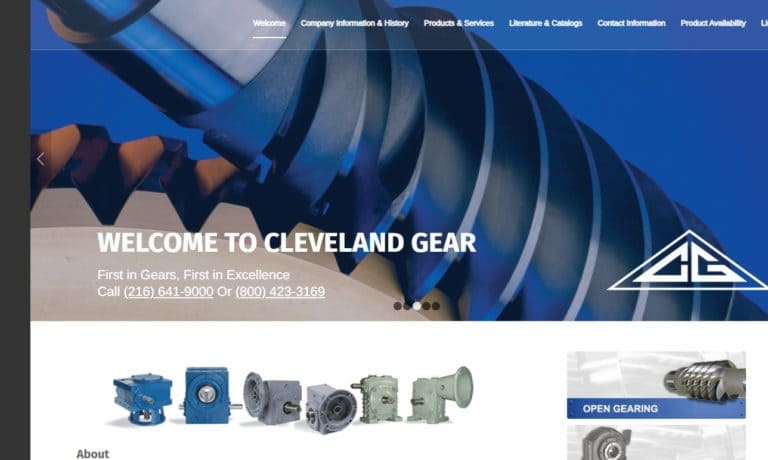
More Sprocket Manufacturers
However, additional industries include automotive, for power transmission applications; agriculture and forestry, in various types of equipment; film and paper, for film transport mechanisms found in move projectors and cameras; and electronics, for computer printers and electric motors.
Sprockets are made from a wide range of materials: stainless steel, which works best for high temperature and food processing applications; cast iron, most often used with flat wire conveyor belts; and plastics such as nylon, polyethylene and polyurethane, which allow for continuous use at high temperatures.
Sprockets are formed in much the same way as gears, through cutting techniques such as hobbing, so that they are able withstand harsh and repetitive use. Sprocket hobbing is the process of using a broaching machine to cut the grooves, known as teeth, into a component. Capable of cutting sprockets with different numbers and varying sizes of teeth, sprocket hobbing is used to make teeth for many different kinds of sprockets. Additional machining processes are used, such as drilling, in order to ensure the best teeth and closest tolerances. Secondary service including heat treating and hand finishing can be used in order to provide additional strength and quality. Often cut in both English and metric dimensions, there are many different types of sprockets available including idler, roller chain, split, timing belt and film.
Idler sprockets are used to prevent whipping action and to help obtain optimum chain tension in power transmissions. Also useful in power transmission, roller chain sprockets are light-weight, durable and often used for precision equipment components. Split sprockets, on the other hand, are useful in applications requiring detachment without having to dismantle machinery. Timing belt sprockets are also referred to as synchronous sprockets and provide timed, non-slip power transmission. Film sprockets refer to the type of sprocket used to move film through various machines by engaging with holes located along the two sides of the film strip.

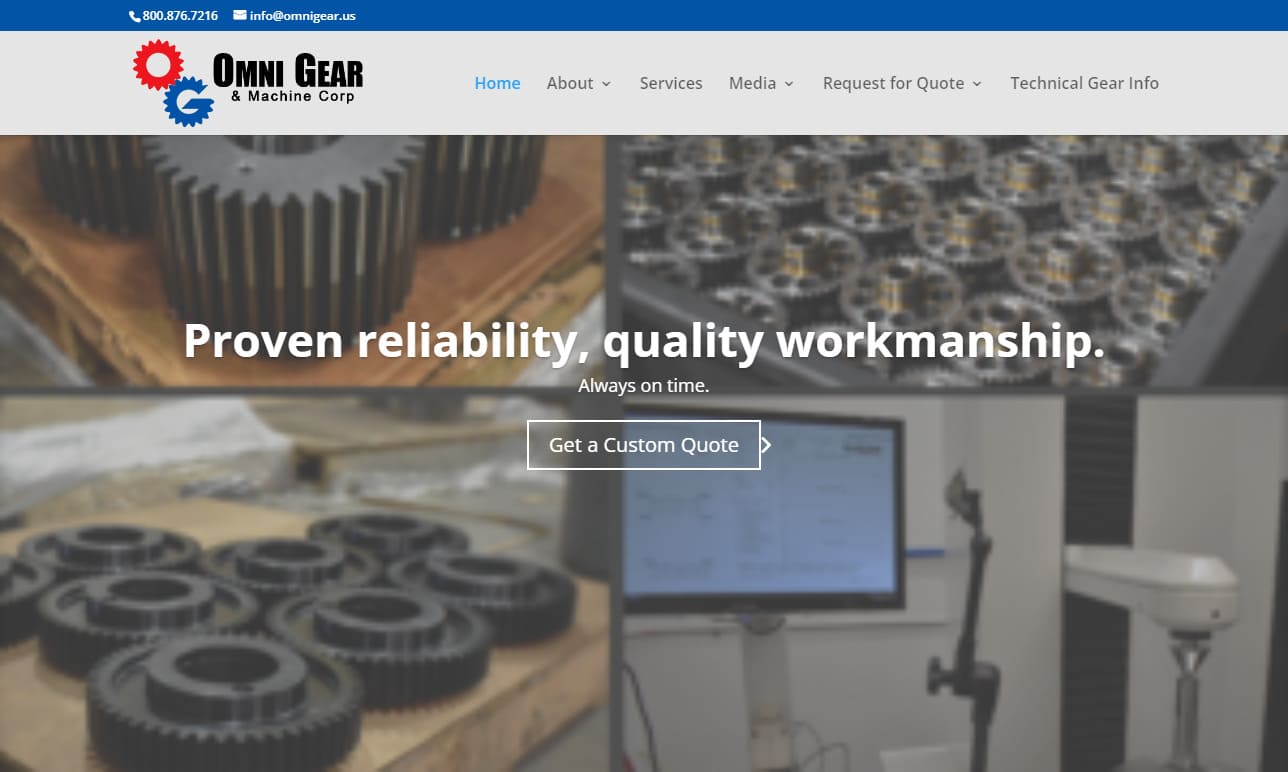
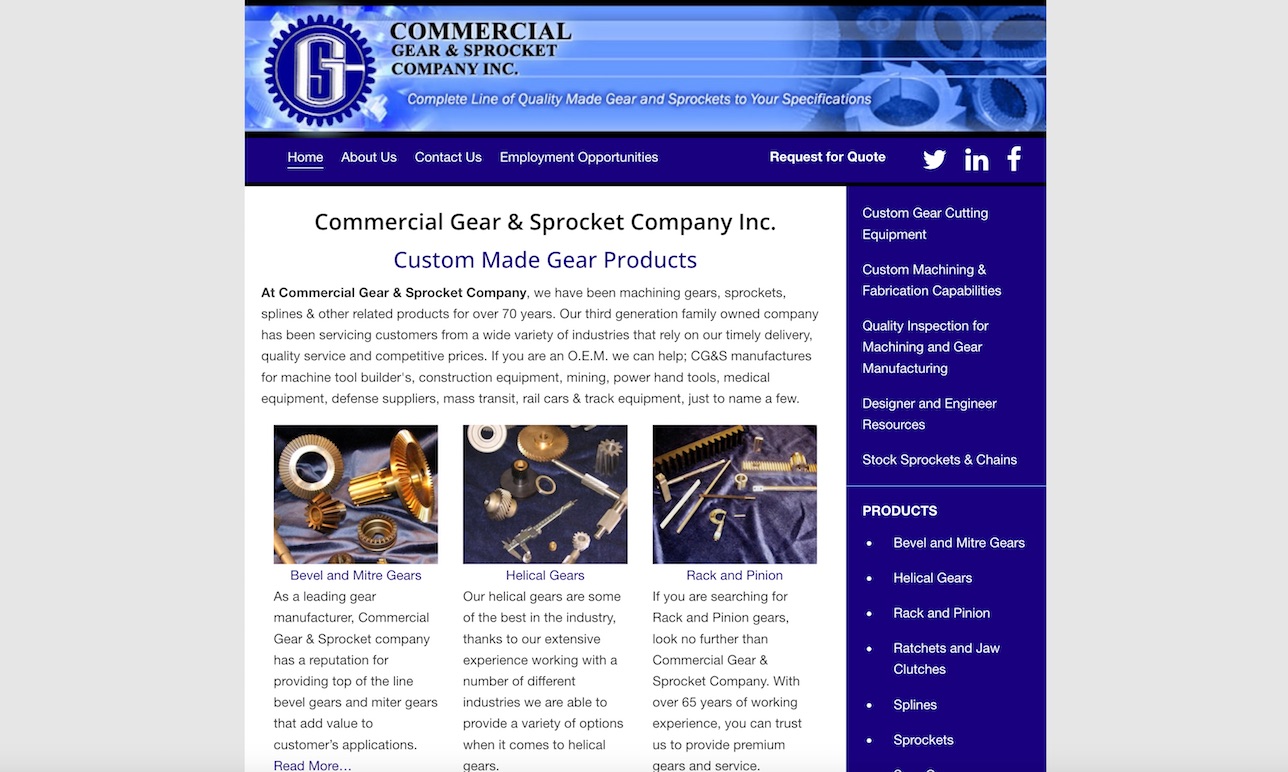
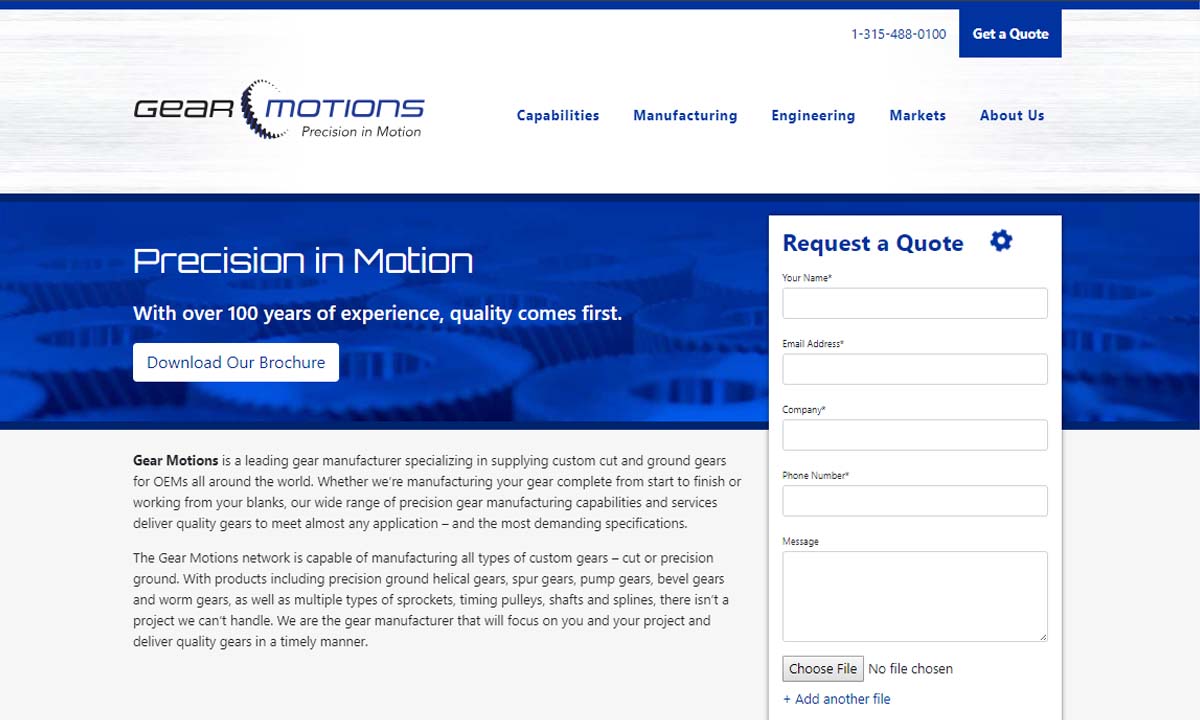
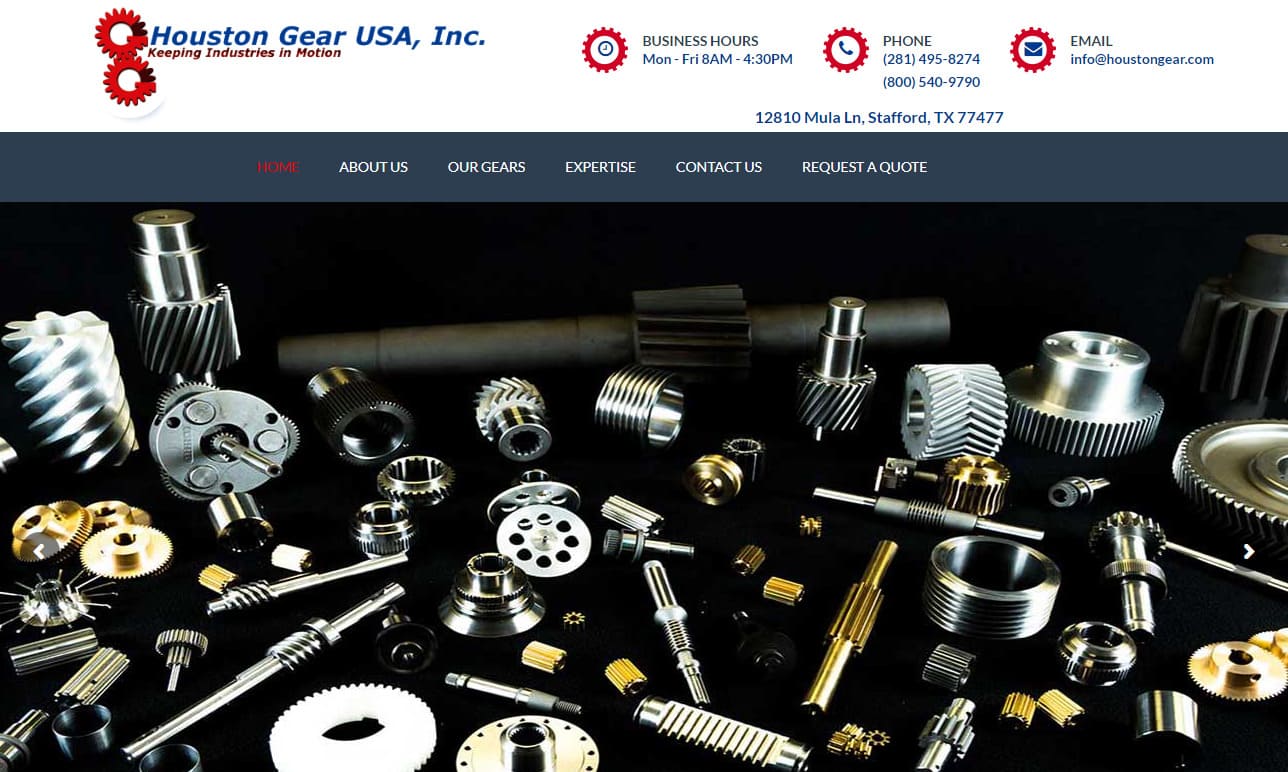
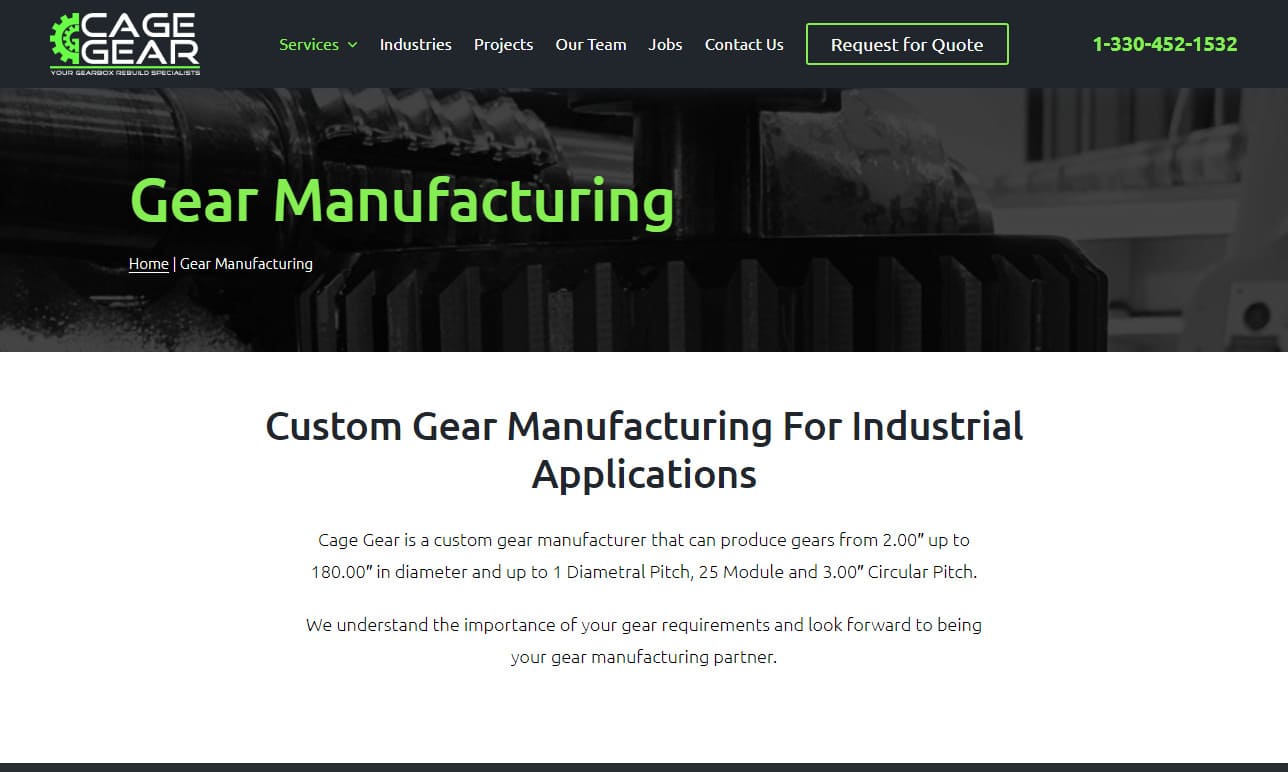

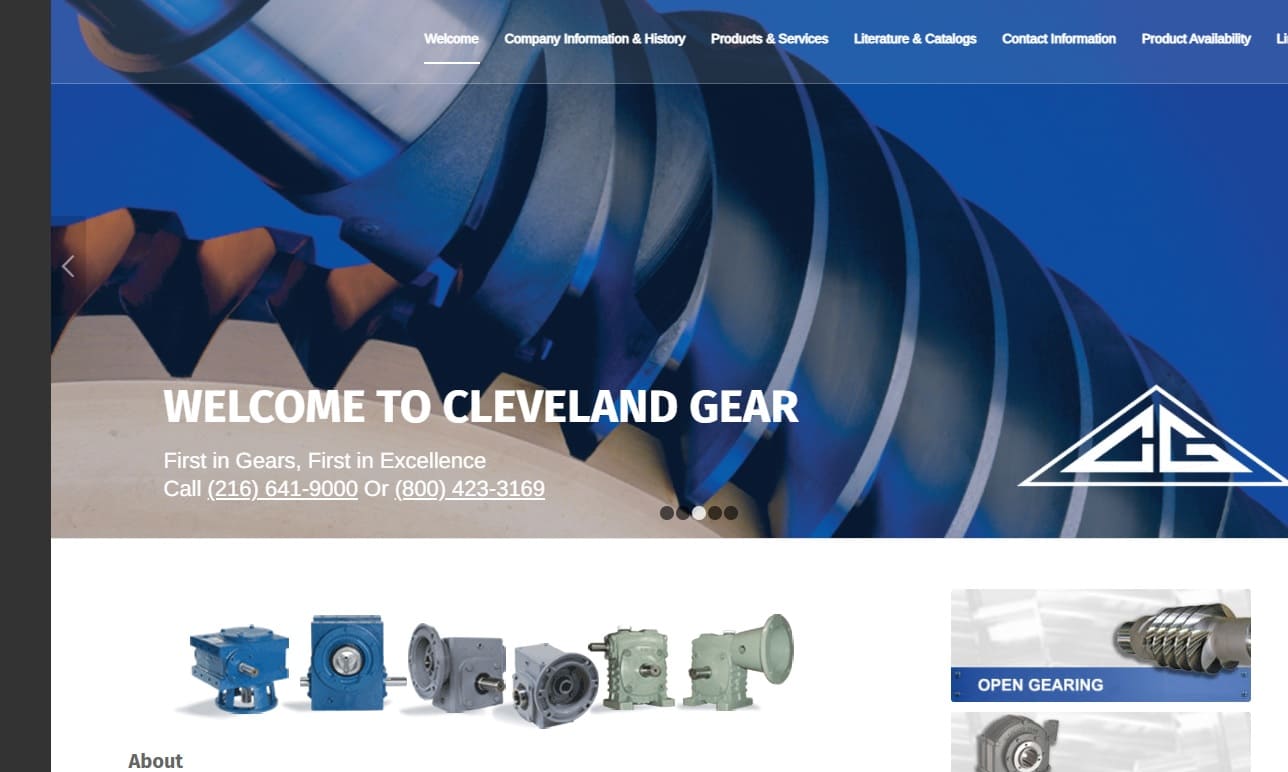
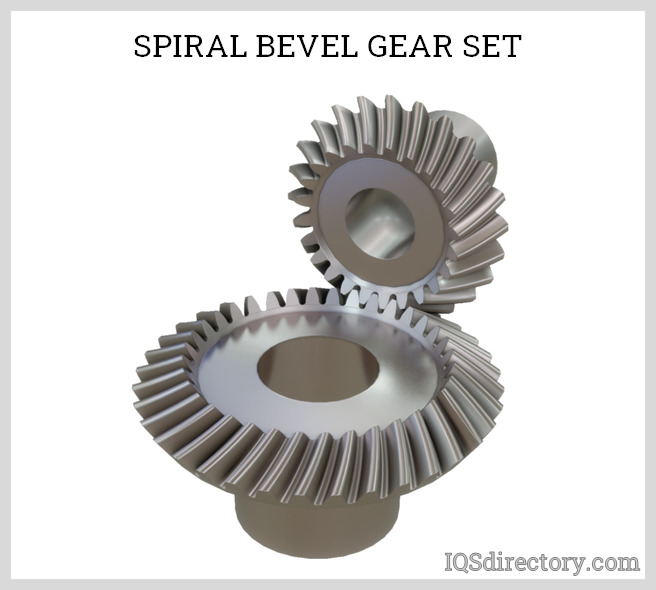
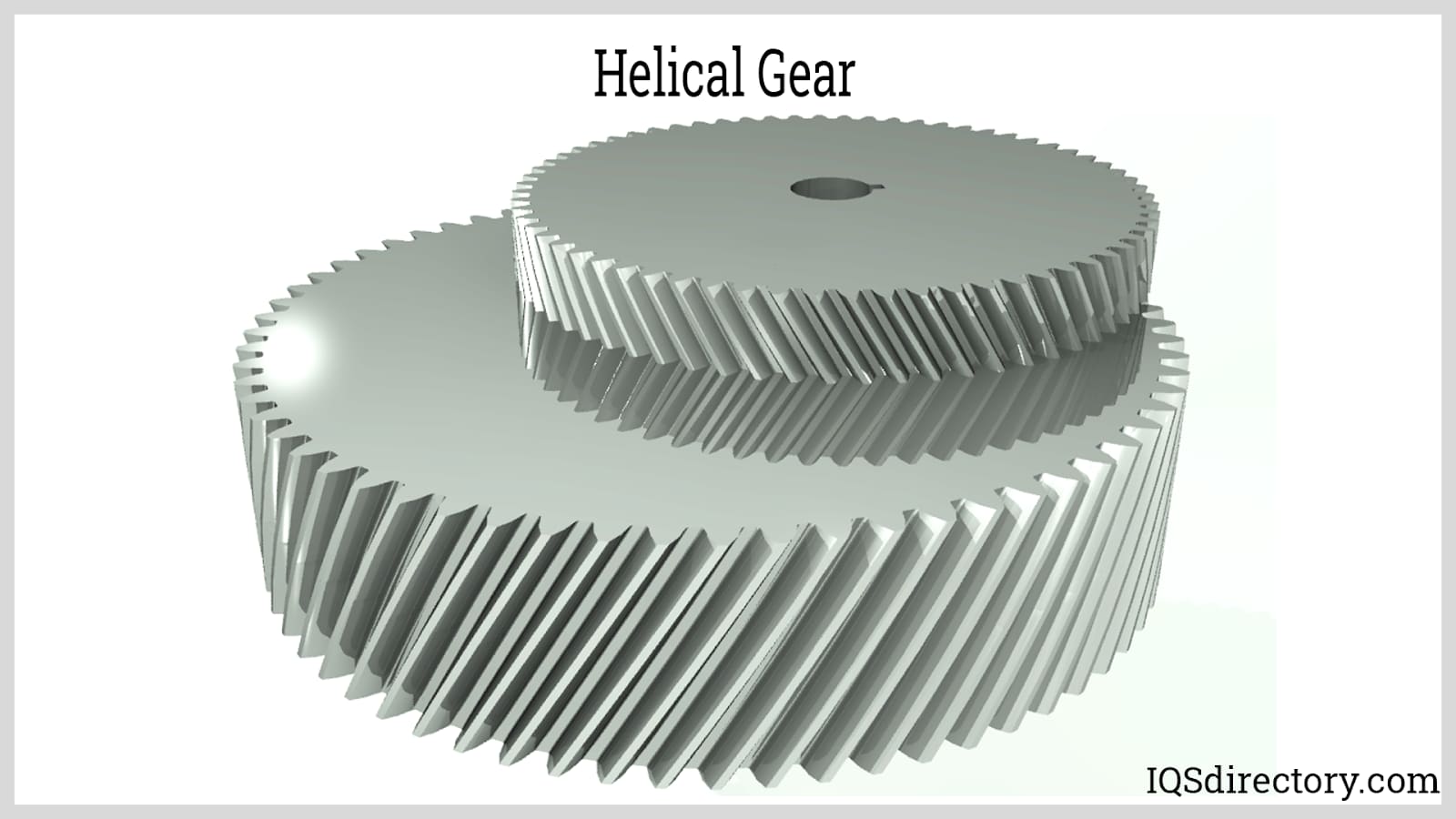
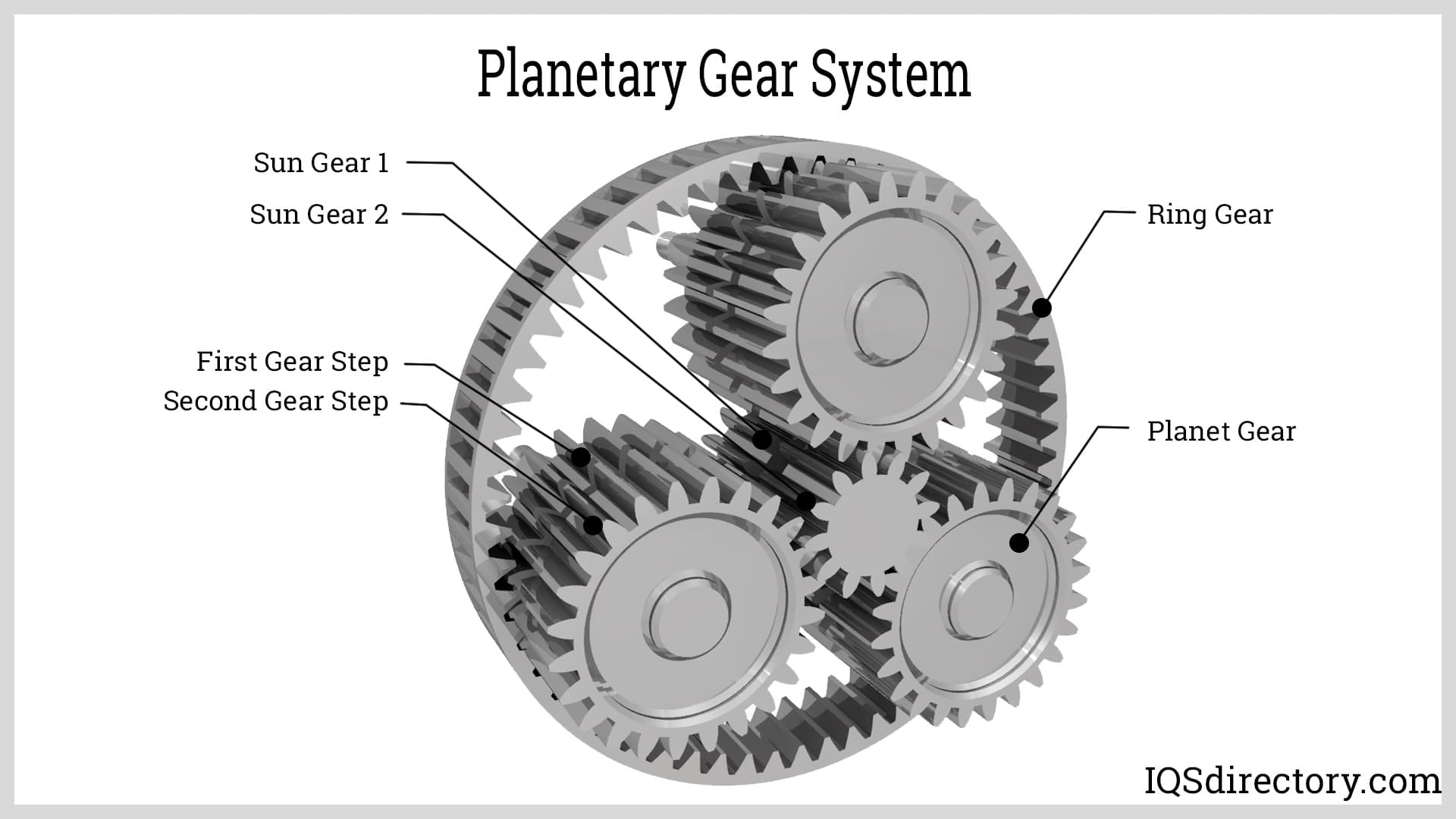
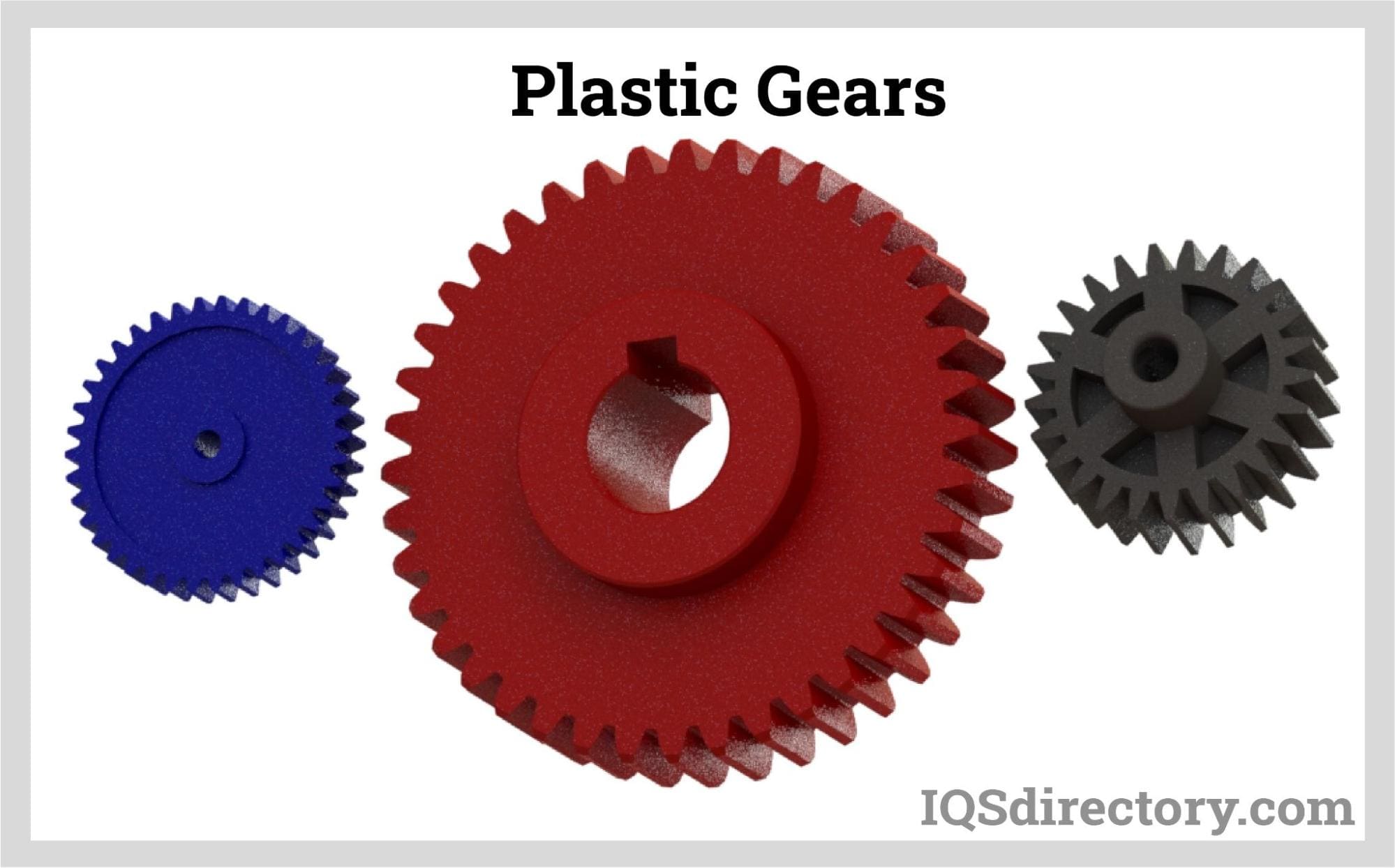
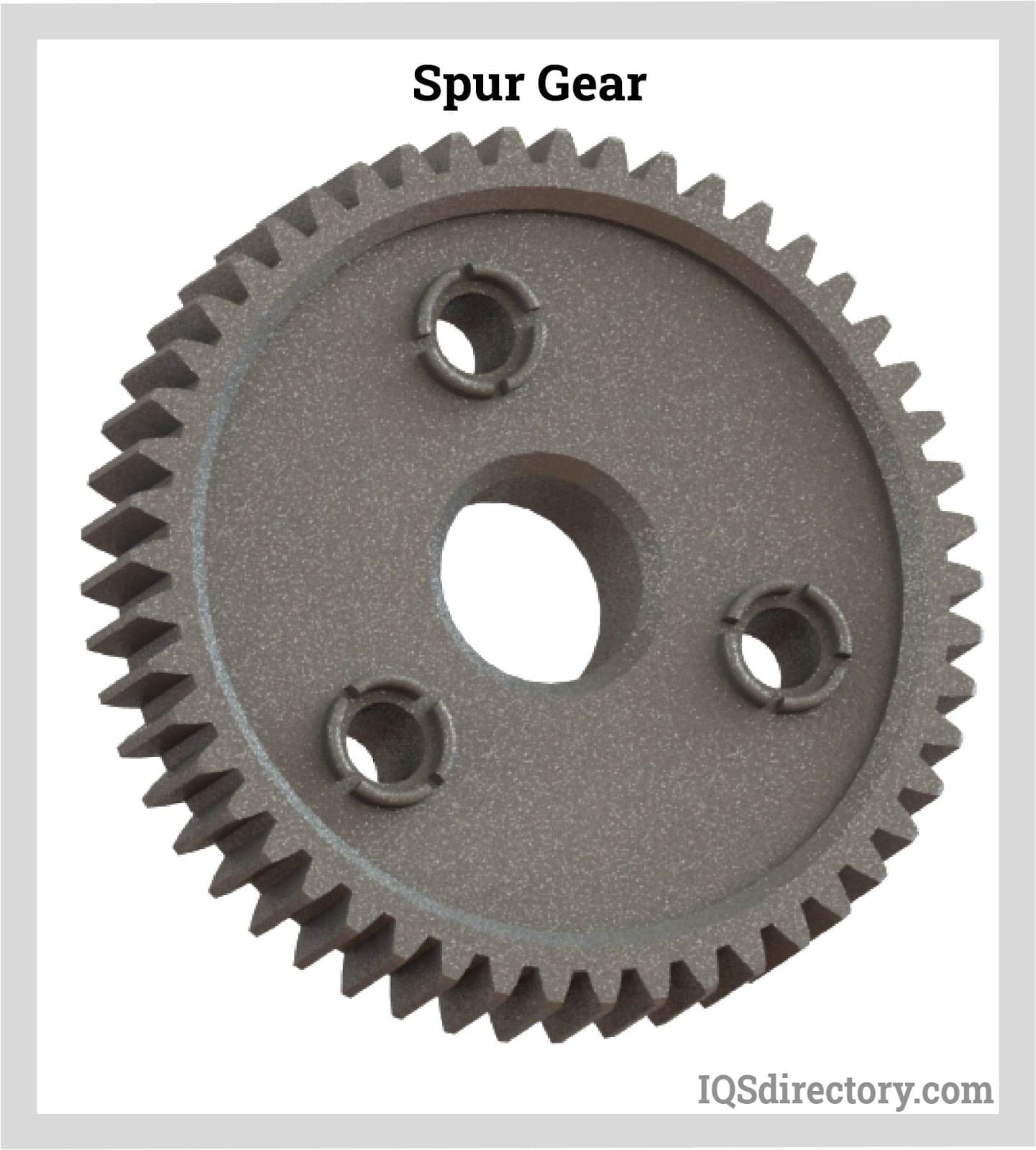
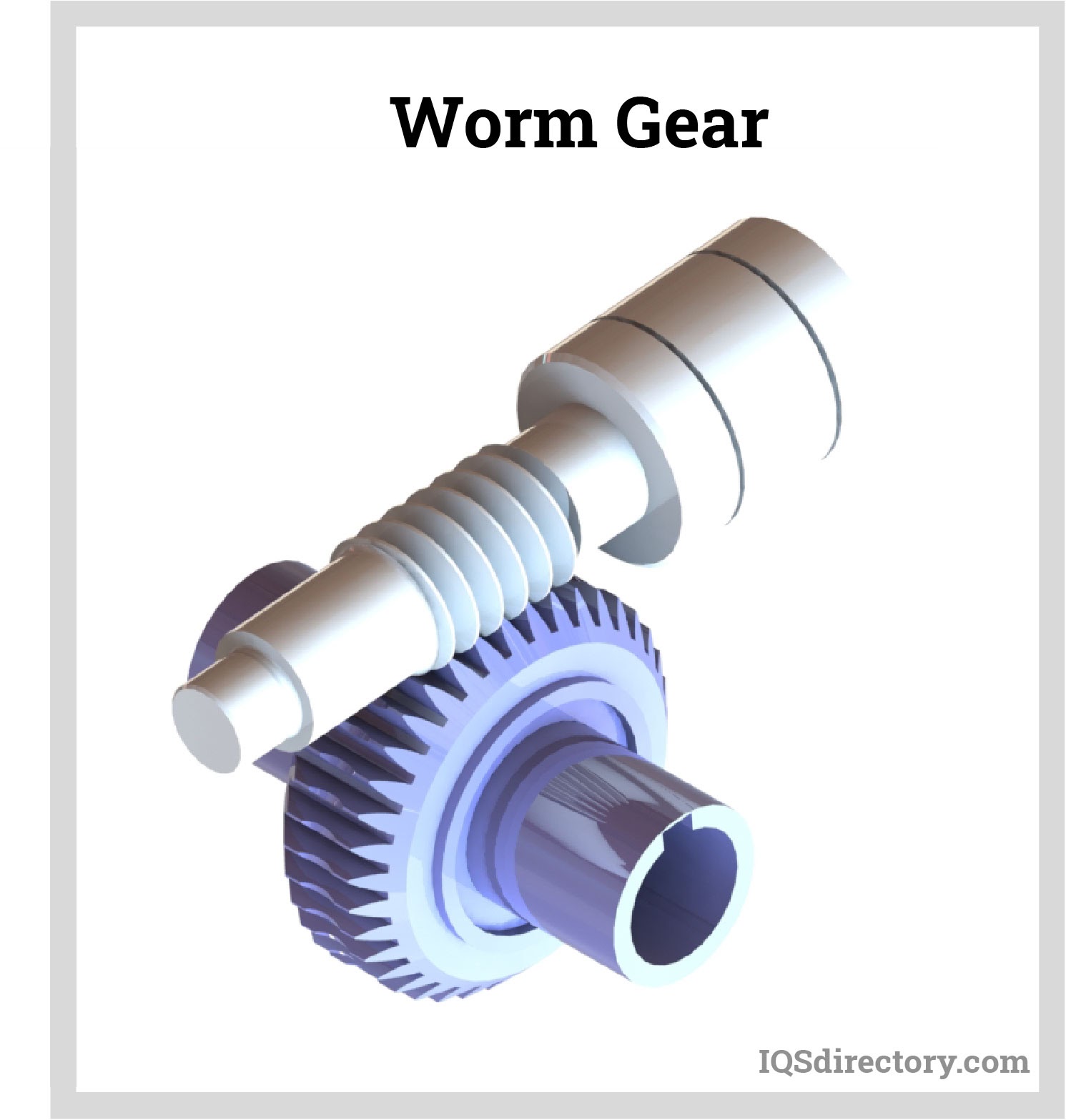

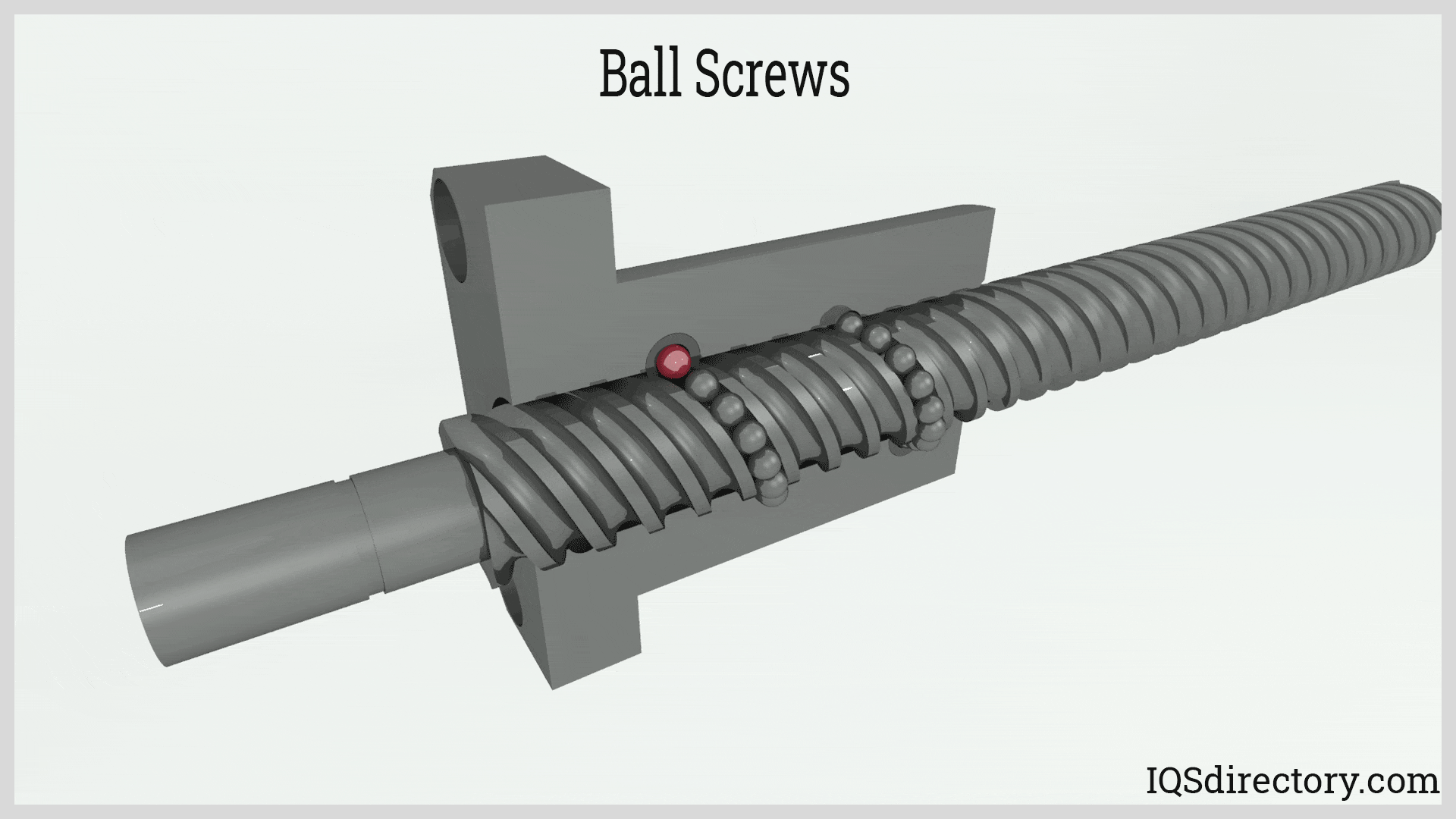
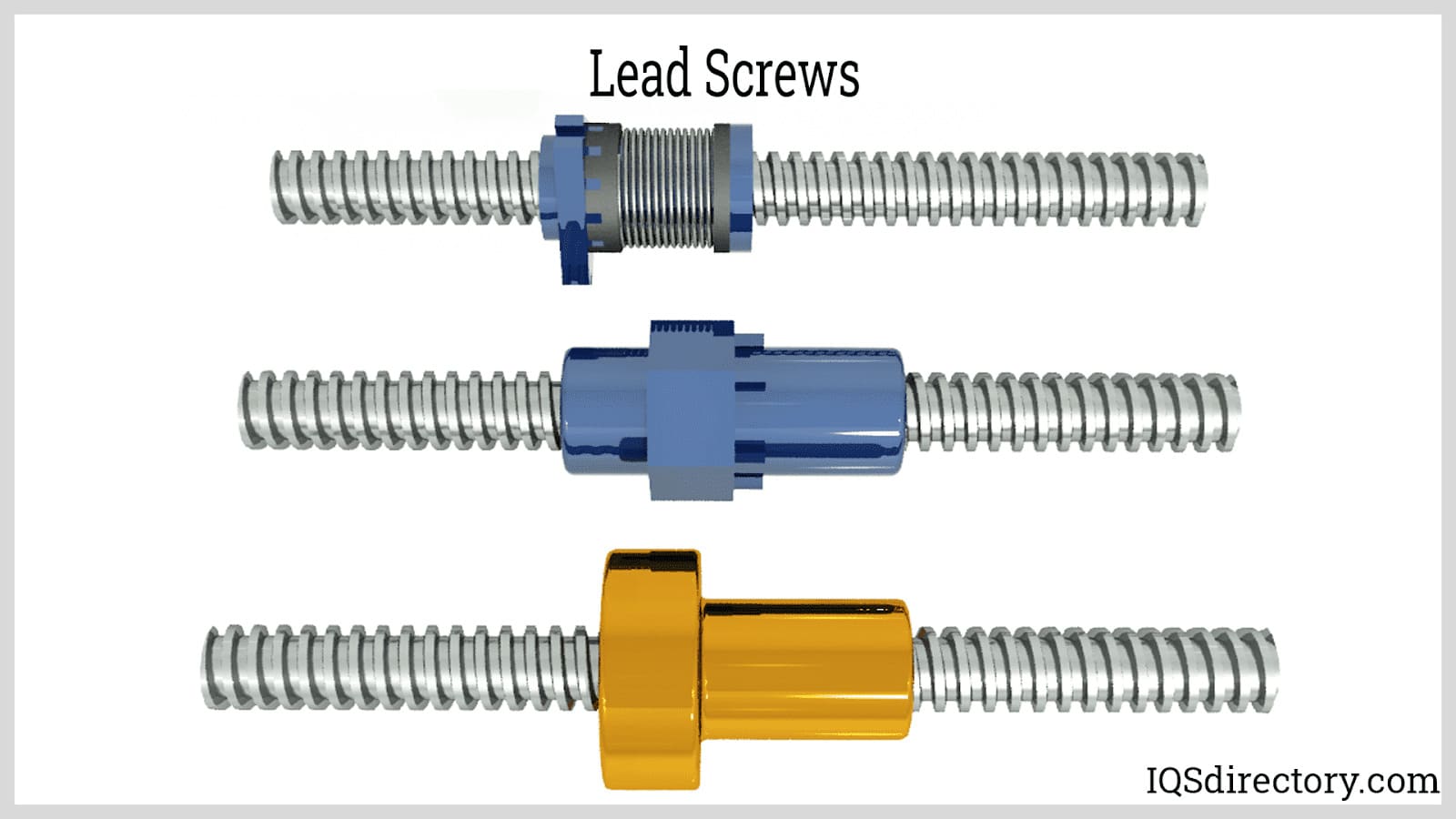
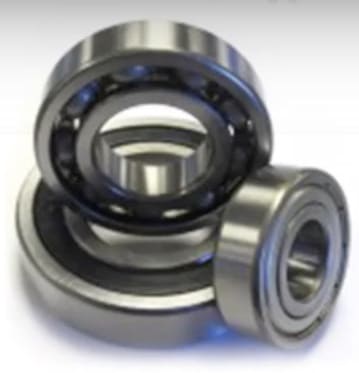 Ball Bearings
Ball Bearings Ball Screws
Ball Screws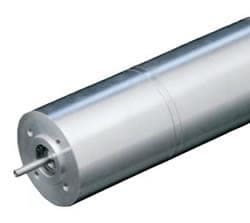 Electric Motors
Electric Motors Friction Materials
Friction Materials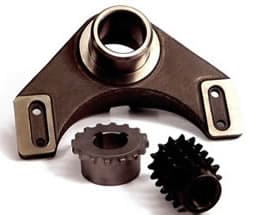 Gears
Gears Quick Release Couplings
Quick Release Couplings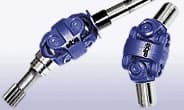 Shaft Couplings
Shaft Couplings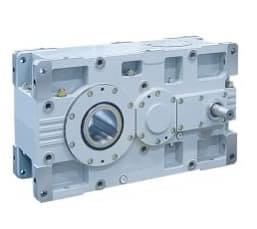 Speed Reducers
Speed Reducers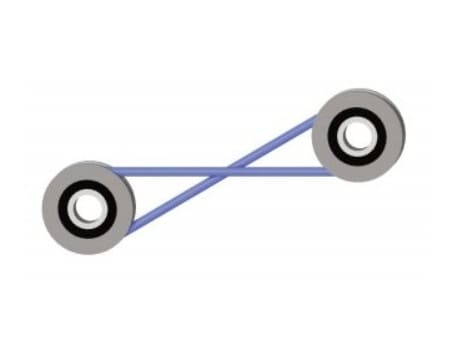 Timing Belting
Timing Belting Castings & Forgings
Castings & Forgings Bulk Material Handling
Bulk Material Handling Electrical & Electronic Components
Electrical & Electronic Components Flow Instrumentation
Flow Instrumentation Hardware
Hardware Material Handling Equipment
Material Handling Equipment Metal Cutting Services
Metal Cutting Services Metal Forming Services
Metal Forming Services Metal Suppliers
Metal Suppliers Motion Control Products
Motion Control Products Plant & Facility Equipment
Plant & Facility Equipment Plant & Facility Supplies
Plant & Facility Supplies Plastic Molding Processes
Plastic Molding Processes Pumps & Valves
Pumps & Valves Recycling Equipment
Recycling Equipment Rubber Products & Services
Rubber Products & Services